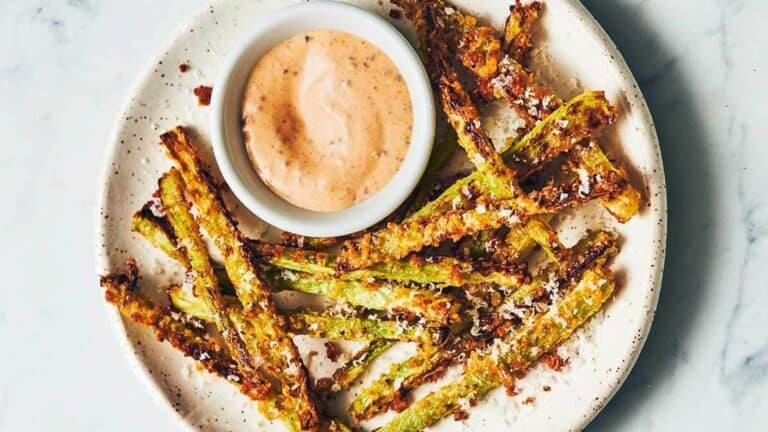Late-Night Snacking: Harmless Habit or Hidden Health Risk?
We love to snack at night, meaning between dinner and bed – and we are not alone. It can become a habit as a means of comfort after a tiring day. However, establishing a routine of late-night snacking can lead to unintended health consequences. That said, there are snacks that are better, and those that are worse. This article looks at the associated health issues of nighttime snacking, why you might want to curb this pattern, and what foods would be better to consume at a late hour.
There’s A Lot of Late-Night Snacking Going On
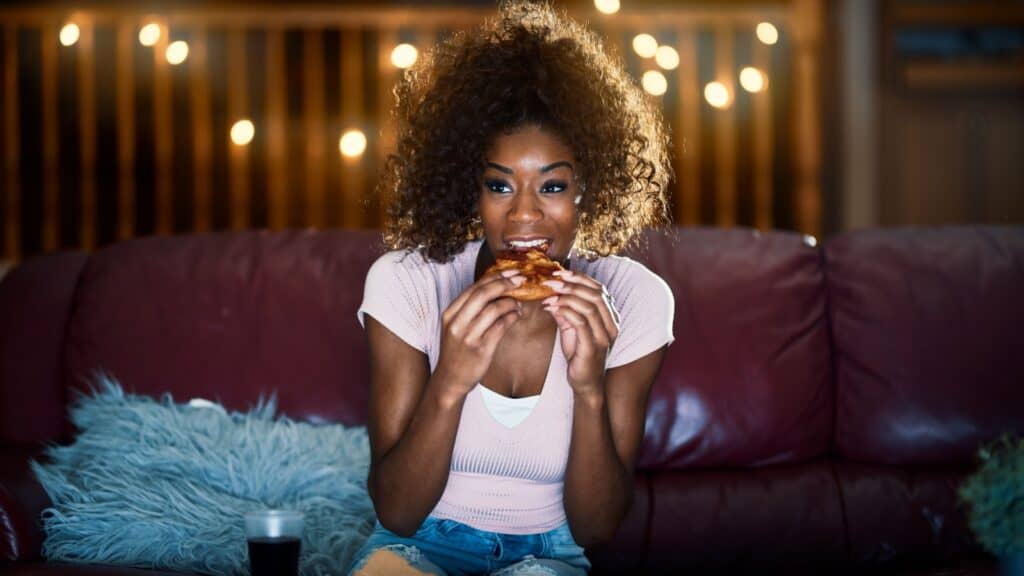
According to a 2023 study examining the eating patterns of over 34,000 adults in the United States, 59 percent admitted to consuming food after 9 p.m. on a regular basis. Our bodies are naturally attuned to process nutrients during the daytime while conserving and storing energy during the night. Disrupting this biological rhythm can potentially lead to health issues.
Chrononutrition Is Grounded in Science
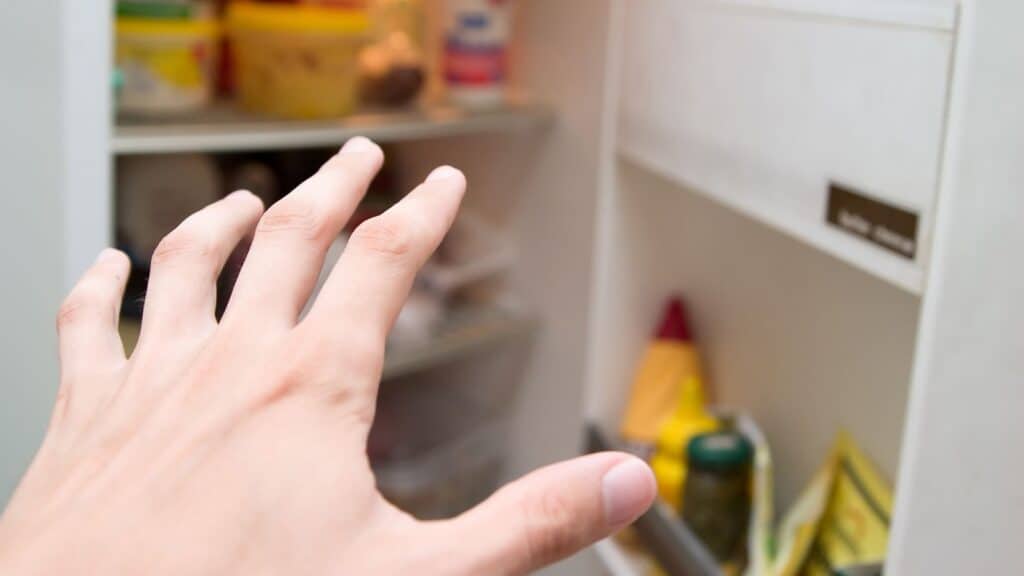
The field of chrononutrition is the study of how circadian rhythms (the body’s 24-hour cycles), nutrition, and health all interact. Basically, when you eat can be as important as what you eat.
Chrononutrition has even been linked to irritable bowel syndrome.
Watch The Clock
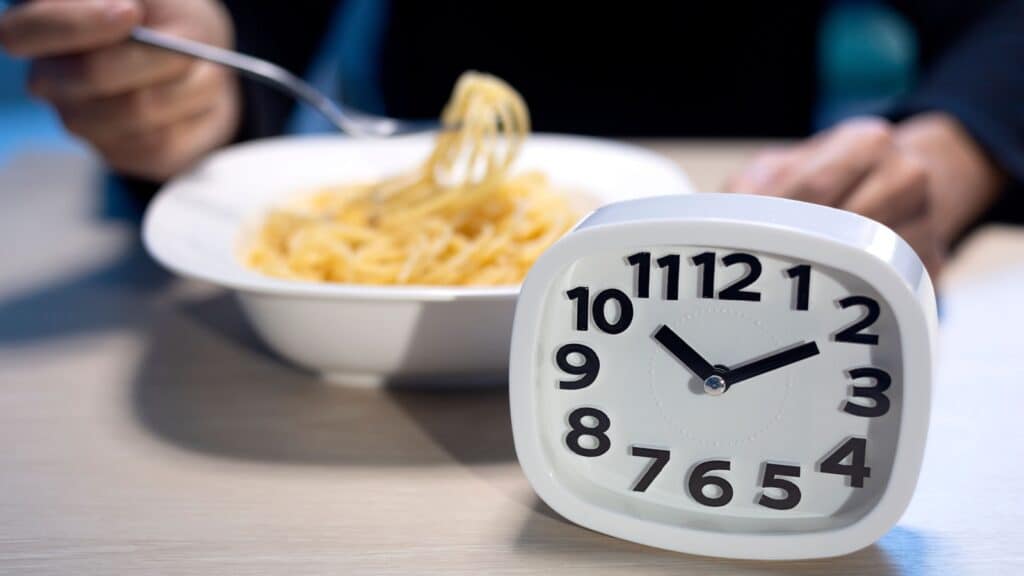
Research suggests that eating dinner within three hours of bedtime could exacerbate symptoms of heartburn or acid reflux. Moreover, limited studies indicate a correlation between consuming meals one to three hours before bedtime and disrupted sleep patterns.
Where is that weight gain coming from?

Studies have also shown that late night eating has an impact on weight gain and metabolic health. Spikes in blood sugar and fats have been observed, as has higher levels of HbA1c, a marker for diabetes risk.
Genetics and Lifestyle Play A Role

Nevertheless, recent research has begun to shed light on the direct effects of meal timing on overall health. Individuals with specific health concerns such as low blood sugar or nutritional deficiencies, for instance, may need to eat at night.
Daytime Strategies

Studies show that consuming more protein during the day can alleviate hunger pangs at night. A dietitian could help you assess your protein intake and what might be appropriate.
If You Are Going To Snack…
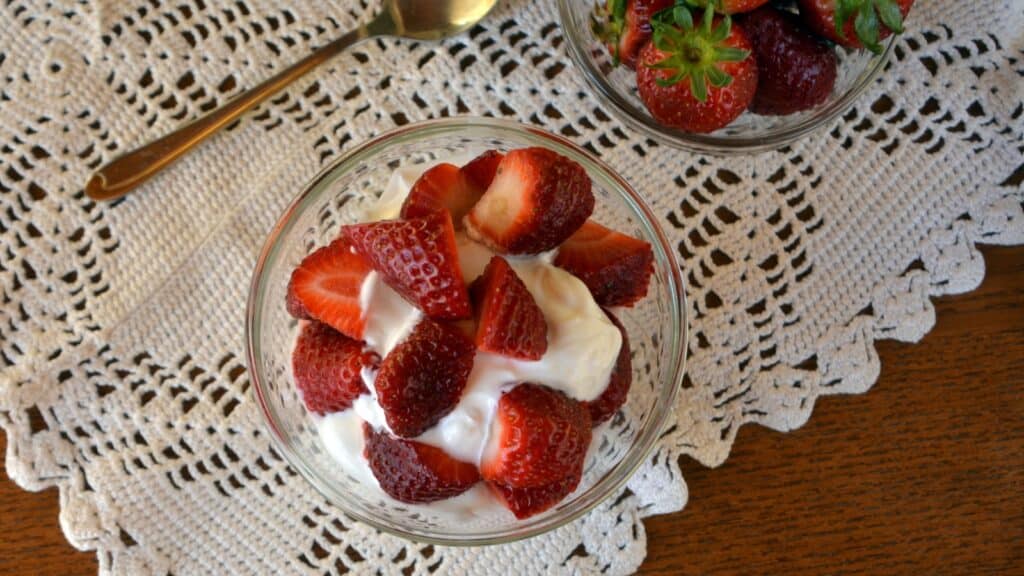
As mentioned before, snagging before bedtime can become a habit, and like all habits can be tamed with the right approach.
Begin by monitoring that 3 to 4 hour window before bed and try not to eat during that time.
Timing Counts

This timing not only promotes long-term health but may also alleviate symptoms of acid reflux that can disrupt sleep. For individuals who work night shifts, late-night eating may be unavoidable. Try focusing on consuming larger meals between 7 a.m. and 7 p.m. if feasible.
Being mindful of your choices and selecting nutrient-rich options—snacks that are rich in protein, fiber, and healthy fats. This combination helps regulate blood sugar levels and promotes a gradual digestion process, helping you feel satiated.
What To Avoid
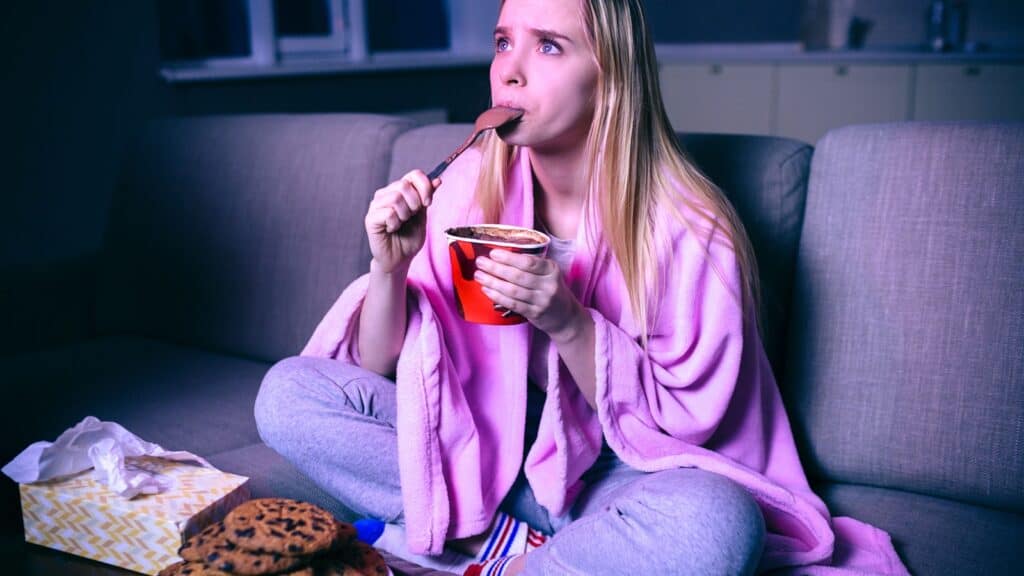
There are certainly some snacks that are best avoided, and others that would be more appropriate to late night consumption. Here are some snacks to avoid:
Salty Snacks to avoid
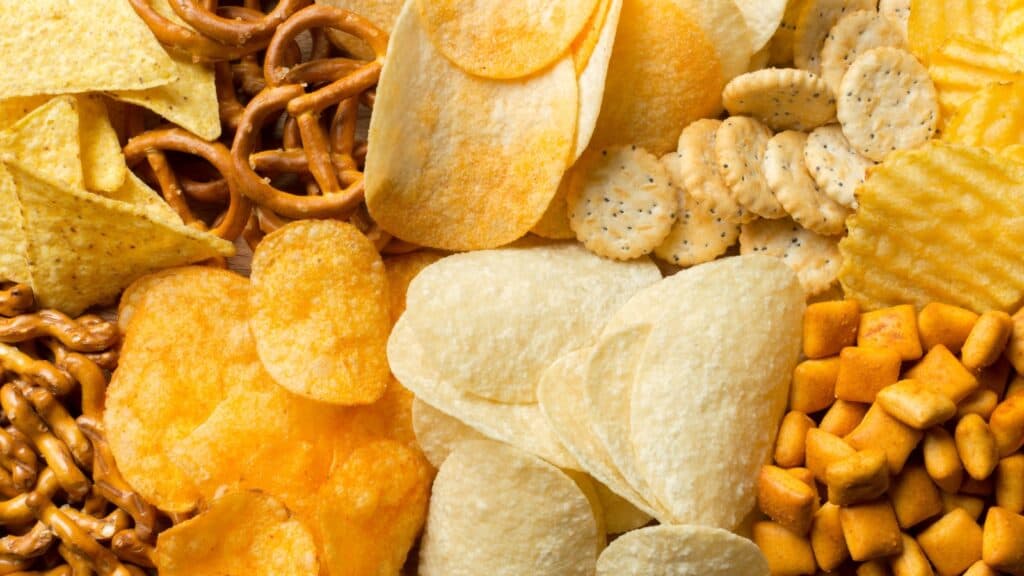
Here are some salty snacks to avoid:
- Potato chips: This choice is just carbs and fat. The lack of protein and fiber will work against you getting a good night’s sleep.
- Pizza: The high fat nature of pizza, in addition to the acidic, potentially acid-reflux inducing tomato sauce is no friend to your sleep.
Life is Sometimes too Sweet

These sweet snacks are not helping you at all:
- Sugary cereals: We know it’s easy to grab a bowl, but the spike in blood sugar and insulin levels can make you wake up hungry.
- Hard candies: These are just sugar, and as explained above, are best avoided at this time.
Spice it Up

Spicy food can trigger acid reflux and increase heart rate; not inclusive to a good night’s sleep.
Snack To Choose

Have no fear! There are smart ways to snack. Look to those with protein, fiber and healthy fats. And watch portions. Gorging any kind of food late at night can negatively affect your sleep.
Savory Snacks to Reach For

- Cheese: Choose a lower fat cheese such as Jarlsberg or part skim mozzarella. Mozzarella sticks have built-in portion control and an average of 90 calories and 7 grams of protein each.
- Walnuts: Did you know that walnuts contain melatonin, a compound that promotes sleep? Other nuts do as well, but walnuts have the most. And PS: roasting has been shown to decrease melatonin, so you can just snack on them raw.
- Greek yogurt: Several dietitians that we spoke to sing the praises of Greek yogurt. It is higher in protein (than conventional yogurt) and contains gut-friendly probiotics. It is versatile, too. Make a savory dip with peanut butter and spices for carrot, celery and cucumber sticks.
- Popcorn: This is a versatile whole grain, high fiber snack. Pop in oil, or if you need lower fat, use an air-popper. Place heart-healthy olive oil in a mister bottle to apply evenly and add a little salt. This will satisfy those who want a salty snack.
- Whole grain toast and…: Start with a slice of whole-grain bread or toast, and then choose your toppings wisely. A tablespoon of peanut butter or almond butter is a great choice, as are slices of avocado with a little coarse salt.
Sweet Snacks to Choose
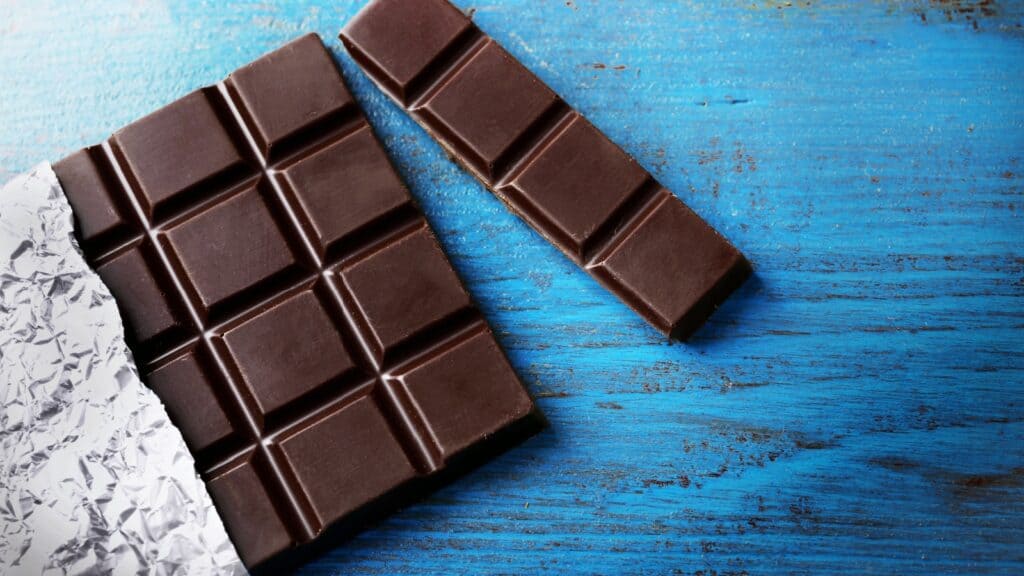
- Dark chocolate: Some great news! One-ounce of dark chocolate supplies approximately 15% of your daily magnesium requirement—a mineral associated with enhanced sleep, according to the USDA. Moreover, consuming dark chocolate has additional benefits: it promotes heart and brain health, reduces blood pressure, and lowers the risk of Type 2 diabetes.
- Greek yogurt: It is versatile, too; great for savory as well as sweet flavorings. Try with a few berries and a sprinkling of nuts; or make a sweet dip with a drizzle of honey or maple syrup.
- Popcorn: Another versatile treat. make it a sweet treat and try some kettle corn.
- Whole grain toast: You can use a slice of whole grain toast to make a sweet treat with nut butter and a bit of jam or jelly. with a slice of whole-grain bread or toast, and then choose your toppings wisely. A tablespoon of peanut butter or almond butter is a great choice, as are slices of avocado with a little coarse salt.
- Nut Butter: Almond or peanut butter spread on apple or pears slices is another great option.
- High fiber, low sugar cereal: There are good cereal choices. Read the labels and look for those higher in fiber and low in sugar. A homemade granola could be a good choice, as would Kashi Go Original, Post Grape Nuts, and Alpen Muesli No Sugar. Serve with milk or your choice of alt milk (unsweetened).
The Takeaway

Many of us love a good nighttime snack, but there are ways to do it right – both for your general nutrition as well as to benefit your sleep quality. Don’t reach for high fat, sugary, low fiber options. Do opt for high fiber, a bit of protein, and healthy fats. And watch your portions. Pass the bowl of popcorn!
Looking for more informative articles?
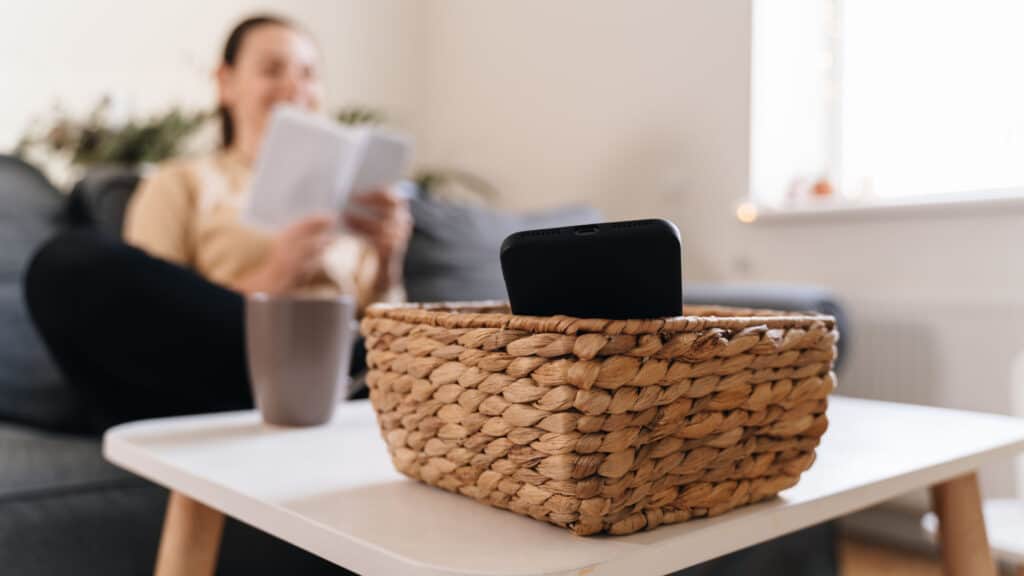
- 21 Beauty & Style Tech Gifts That Will Make Your Life Better
- 3 Ways Embodiment Can Help Manage Feelings Of Loss And Grief
- Shake It Up: Crafting The Best Homemade Shakes
Join Us

Join us on this empowering journey as we explore, celebrate, and elevate “her story.” The Queen Zone is not just a platform; it’s a community where women from all walks of life can come together, share their experiences, and inspire one another. Welcome to a space where the female experience takes center stage. Sign up for our newsletter so you don’t miss a thing, Queen!



